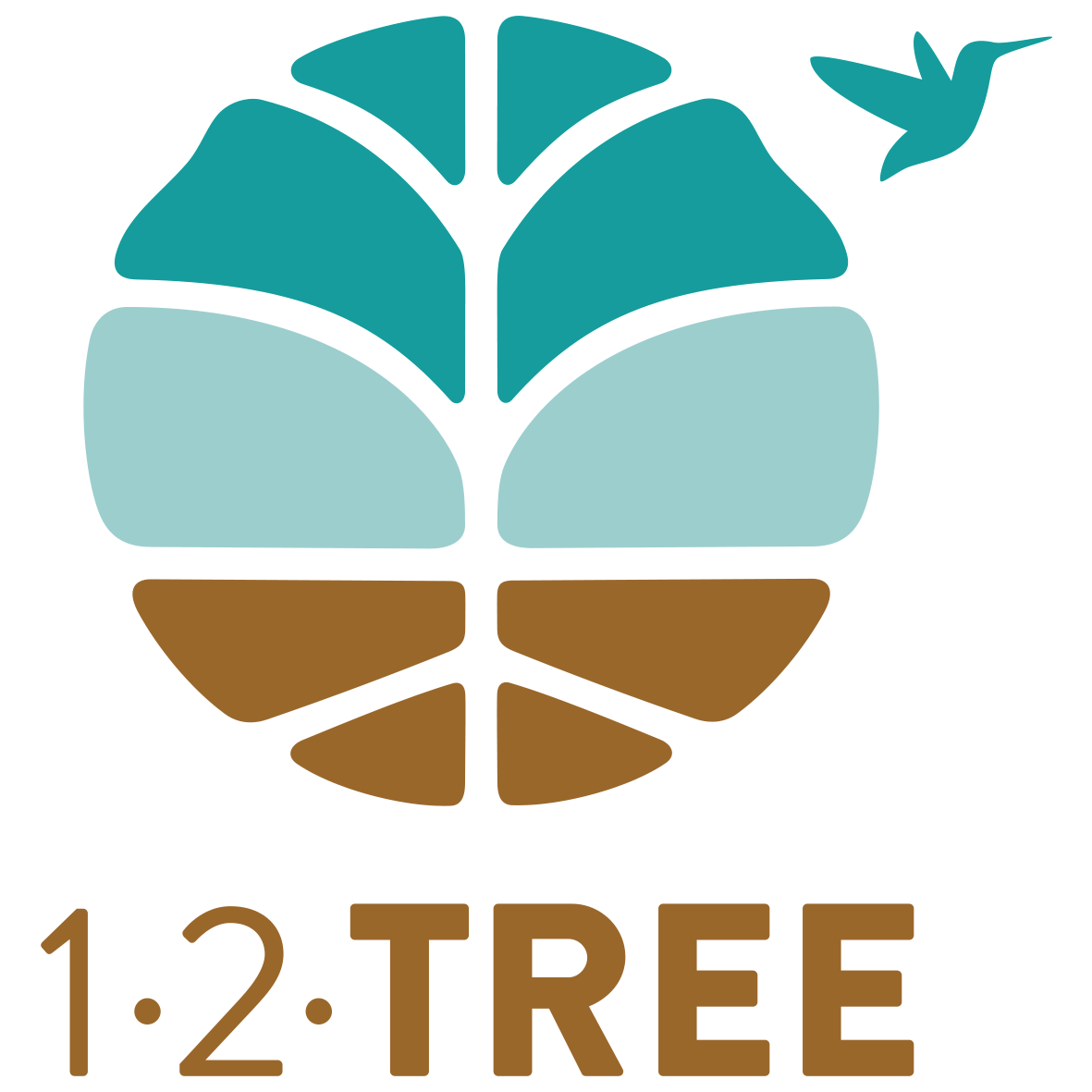Smallholder Engagement
THE CHALLENGE
There are close to 500 million family farmers worldwide, according to World Bank estimates. On farms that average less than two hectares in size, these ‘smallholder’ farmers produce an astounding one-third of our global food supply. Most smallholders grow a combination of crops to cover their subsistence needs and to generate income from both local markets and international commodity markets. Many of these farmers live in poverty or even extreme poverty, and are eminently susceptible to climatic and market shocks, including bad weather and volatile global commodity prices.
While most smallholders inherit their livelihoods, building on the knowledge and experience of generations of farmers before them, they often lack access to new technologies, market information, and the capital to invest in on-farm improvements. Lacking the ability to finance or implement technologies to improve their productivity, many farmers look to scale by increasing the size of their farm. For tropical commodities such as Cacao, Coffee, Coconuts, and Palm Oil, the expansion of farm land by smallholders is a key driver of deforestation. With limited traceability- the ability to track the product back to the farm it was grown on- and limited transparency- information about each previous stage of the supply chain- it is often difficult to ensure that the tropical commodities on the market are deforestation-free, and exploitation-free.
Adopting an integrated approach to addressing these issues is becoming increasingly important, as consumer sentiment and regulatory developments put greater pressure on brands and their suppliers to ensure ethically produced goods. Central to this approach is the private sector’s recognition that improving one’s smallholder sourcing model is vital for ensuring the long-term supply of sustainable product and upleveling sustainability-related returns. However, improving smallholder sourcing is knowledge and resource intensive, and results do not materialize overnight, but rather require long-term commitment.
our smallholder program SEEKS TO STRENGTHEN THE EQUITABLE DISTRIBUTION OF PROFITS AT THE PRODUCTION END WHILE ENHANCING END-TO-END TRANSPARENCY AND TRACEABILITY. THROUGH THIS COLLABORATION our projects EMPOWER SMALLHOLDERS TO BECOME SUSTAINABLE MARKET PLAYERS IN ORDER TO TRANSFORM VALUE CHAINS FROM BEING EXTRACTIVE TO MUTUAL VALUE CREATION.
OUR APPROACH
12Tree’s is driving transformation in commodity supply chains by putting smallholders at the heart of our sustainable business model. Our smallholder sourcing model is built upon a foundation of traceability, transparency, and fair pricing. Our projects source directly from farmers participating in our programs that receive trainings on quality standards and without the intervention of intermediaries, thus minimizing the amount of rejected product and maximizing the share of the profit that accrues to the farmers themselves. On the marketing side, our projects secure long-term, sustainable offtake agreements with buyers, which helps us guarantee that our smallholders have a stable and profitable market for their goods.



